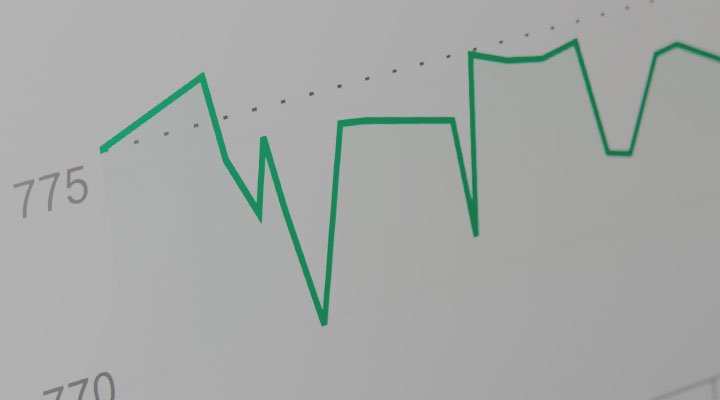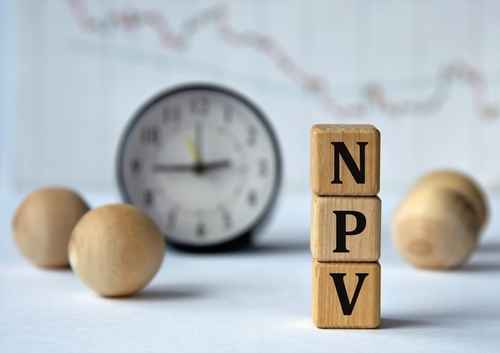Investments: a beginner's guide
Home › Investments
An investment is an asset or item you purchase to generate a profitable return. Investing can be a great way to grow your wealth over time, but it’s important to understand the risks that come with starting an investment portfolio. On this page, we’ll guide you through the basics of investing and explain how the stock market works.
The information provided here is for informational and educational purposes only and does not constitute financial advice. Please consult with a licensed financial adviser or professional before making any financial decisions. Your financial situation is unique, and the information provided may not be suitable for your specific circumstances. We are not liable for any financial decisions or actions you take based on this information.
An introduction to stocks and shares
Investing in the stock market can seem like a daunting prospect, especially if you’re not familiar with how it works or investment jargon. While buying shares in a company has the potential to deliver lucrative returns, it does have its risks.
It’s also worth remembering that stocks and shares are generally viewed as long-term investments, especially if you want to maximise your chances of success. The following guides explain how the stock market works, to help you get started on your investment journey.
Different types of investments explained
As an investor, you have plenty of choice when it comes to deciding where to put your money. Some of the most common types of investments are stocks, bonds, funds, cash and property. Each one has its pros and cons, so it’s important to weigh up the different types carefully before committing your money. These handy guides explore some of the options available to you.
Equity funds and investments
Equity is a term often found on a company’s balance sheet, but it’s also a common term used amongst investors and in accounting, as well as in personal finances. The following guides explain what equity is, as well as how equity funds and equity investments work.
The best ways to invest different sums of money
If you’ve recently inherited a lump sum of money or your savings have accumulated over time, you might be wondering how best to invest your cash. Whether it’s £10k or £100k, it’s important to weigh up your options so you get the best return on your investment. Read the following guides for some practical tips and advice.
Ways of measuring investments
Read our guides on the different ways to gauge potential investment returns.

























